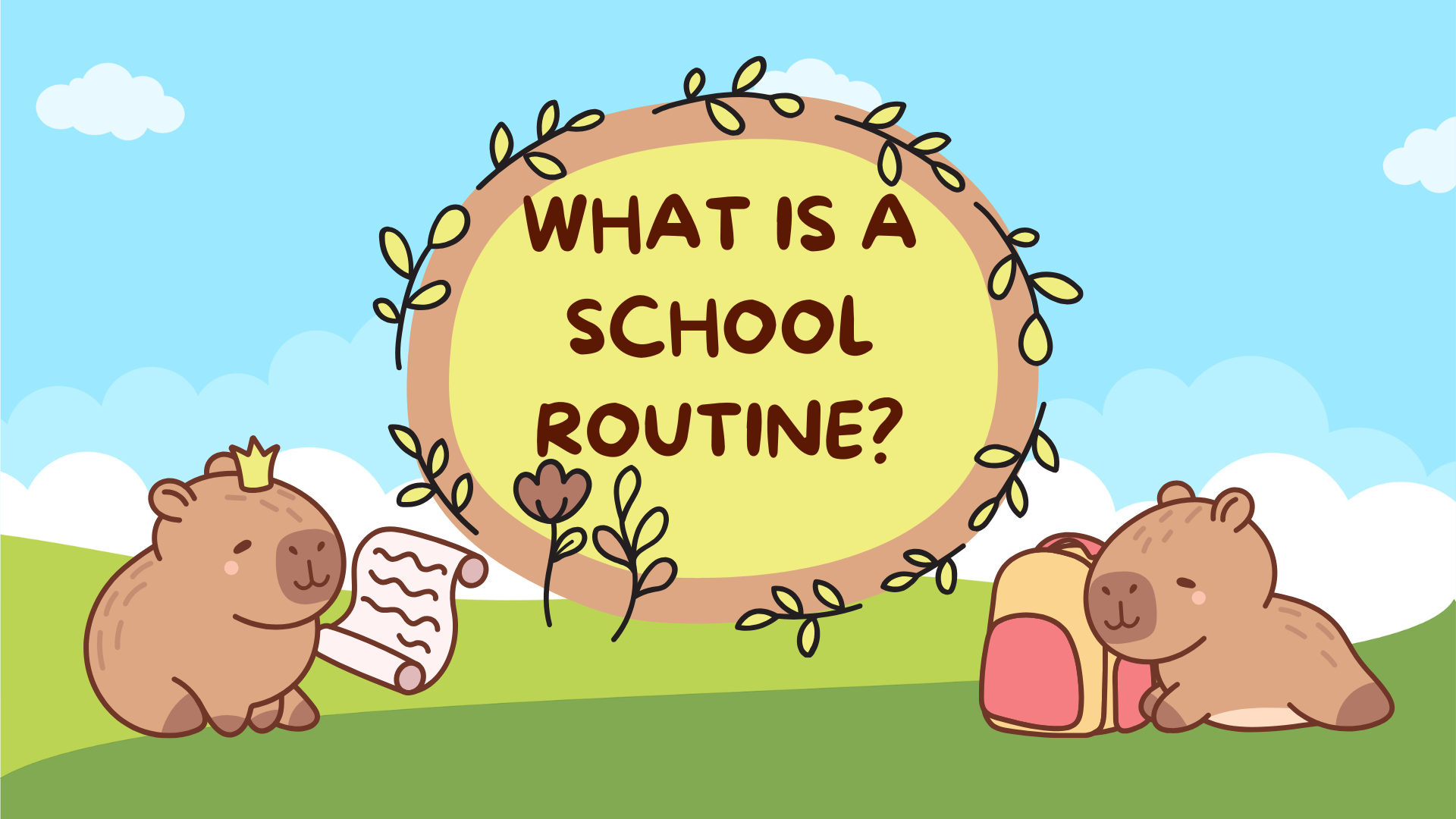
IGCSE vs ICSE vs CBSE: Which Is the Best Board and Why?
The Indian education system offers a wide array of options for parents, ranging from state boards to CBSE, ICSE, IGCSE, and other curricula. With so many choices, debates such as CBSE vs IGCSE, CBSE vs ICSE, and ICSE vs IGCSE have become common.
If you’re feeling overwhelmed by these comparisons, we are here to help. In this article, we provide a detailed comparison of CBSE, ICSE, and IGCSE across key parameters, making it easier for you to choose the right board for your child.
IGCSE vs ICSE vs CBSE
Read further to find a detailed IGCSE vs ICSE vs CBSE comparison:
Why should you choose CBSE?
CBSE, or the Central Board of Secondary Education, is one of the most prominent curricula, with over 30,415 affiliated schools across India and other nations.
Its structured, standardized, and exam-focused curriculum with special emphasis on STEM subjects makes it a board of choice for students who want to appear for tough competitive exams.
Furthermore, CBSE education is more affordable than several other boards.
Nationwide recognition
CBSE is one of the most popular boards in India. The most prestigious universities and institutions in India recognize it. Hence, it is ideal for students who want to pursue higher education in India.
Standardized curriculum
CBSE follows a uniform curriculum across India, which works in favor of students whose families relocate constantly.
Focus on STEM subjects
The CBSE curriculum place a strong emphasis on science, technology, engineering, and mathematics. The exam-focused teaching approach helps students prepare for careers in engineering and technical streams.
Skill-based learning
The skill-based learning approach of CBSE schools prepares students to navigate their careers, equipping them with the necessary skills. Students learn practical applications of theoretical concepts.
Balanced assessment
CBSE schools assess students through a combination of formative assessments (projects, group discussions, presentations, observations, and quizzes) and summative assessments (periodic tests and final exams).
Why should you choose IGCSE?
IGSE stands for the International General Certificate of Secondary Education. The Cambridge International Education has developed this globally recognized academic qualification, which is recognized as equivalent to the GCSE.
The comprehensive curriculum provides holistic development of students. They acquire both academic knowledge and practical skills.
Global recognition
The global recognition of the IGCSE makes it a favorable option for students who wish to pursue higher education at leading international universities.
Multiple subjects
Students have access to a broad range of subjects that is more globally accessible and acceptable. They can earn an education based on their interests and career objectives.
Skill development
IGCSE education fosters the development of several essential skills, including critical and analytical thinking, problem-solving, time management, research, communication, independence, and language proficiency. Students learn to apply theoretical skills in real-world situations.
Flexible, holistic, and personalized learning
The curriculum enables a flexible, holistic, and personalized approach to learning. The student-centric approach allows students to learn at their own pace.
Diverse assessment
IGCSE assessment is a blend of methods, including written exams, verbal assessments, coursework, and practical tests. The diverse assessment improves learning outcomes and fosters personal growth.
Why should you choose ICSE?
ICSE refers to the Indian Certificate of Secondary Education. This private, non-governmental education board offers a comprehensive and application-based curriculum with a greater emphasis on languages, arts, and sciences.
Global recognition
ICSE schools are globally recognized, with universities worldwide acknowledging their qualifications.
Comprehensive curriculum
ICSE follows a comprehensive curriculum. Students have the opportunity to learn a range of subjects, including commerce, arts, and science.
Emphasis on language
ICSE schools emphasize English language skills, along with other languages, including Sanskrit, Hindi, and other native and foreign languages.
Holistic development
A well-structured curriculum, combined with extracurricular activities such as sports, arts, and dance, ensures the holistic development of students.
Comprehensive assessment system
ICSE schools employ a comprehensive assessment system that includes both internal assessments (assignments, projects, and practicals) and external assessments (standardized written tests and practical assessments).
IGCSE vs ICSE vs CBSE
IGCSE vs ICSE vs CBSE is always a subject of debate among students and parents. Here you will find a detailed comparison of all three educational boards.
We have compared these educational boards on several parameters to help you decide the ideal board for your child.
Recognition
CBSE: CBSE has nationwide recognition. Indian universities and institutions widely recognize it.
ICSE: ICSE is recognized in India but has moderate recognition globally.
IGCSE: The Cambridge International Examination developed the IGCSE. Hence, it is globally recognized.
Subjects
CBSE: The CBSE curriculum offers a range of subjects classified under streams. Students can choose from science, commerce, and arts streams. English is a compulsory subject, while environmental studies, social studies, second languages, and SUPW are not mandatory.
ICSE: The ICSE curriculum comprises compulsory subjects, including English, Science (consisting of Physics, Chemistry, and Biology), Mathematics, History, Civics, Geography, and a second language. Optional subjects include Computer Applications, Environmental Science, Commercial Studies, Arts, and Physical Education (PE). Students must study the compulsory subjects and then select from electives or optional subjects.
IGCSE: IGCSE offers around 70 different subject options to students. Students can select subjects they are passionate about and gain a global perspective.
Difficulty level
CBSE: The CBSE curriculum is easy. The streamlined and exam-centric approach makes it less rigorous than other educational boards.
ICSE: ICSE is difficult. The wide range of subjects, in-depth learning, and a holistic evaluation system make it a more rigorous program.
IGCSE: IGCSE is moderately difficult. It offers more flexibility and balanced evaluation.
Teaching methods
CBSE: CBSE has an inquiry-based, exam-based, and science and math-based learning approach. The focus lies on core subjects and competitive exams.
ICSE: The ICSE curriculum is balanced, emphasizing practical and experiential learning.
IGCSE: IGCSE has a flexible and inquiry-based approach. Teaching methods focus on developing essential skills, such as critical thinking, problem-solving, and global awareness.
Assessment and grading system
CBSE: The CBSE utilizes a combination of formative assessments (including projects, group discussions, presentations, observations, and quizzes) and summative assessments (periodic tests and final exams). It uses the CGPA (Cumulative Grade Point Average) grading system.
ICSE: ICSE uses a combination of internal assessment (such as project work) and a written exam. Grading is percentage-based.
IGCSE: The IGCSE utilizes a diverse assessment method that comprises written exams, verbal assessments, coursework, and practical tests. The three-tier grading system (Distinction, Merit, and Pass) assesses depth of knowledge.
Medium of Instruction
CBSE: It is a national curriculum, and so, the medium of instruction is English and Hindi.
ICSE: The medium of instruction in ICSE schools is English.
IGCSE: It is an internationally recognized curriculum. Hence, the medium of instruction is English.
Suitability
CBSE: Due to its uniform curriculum across all the schools in India, CBSE is apt for students whose parents have transferable jobs. Additionally, the exam-based teaching approach and nationwide recognition make CBSE a suitable choice for students seeking to clear challenging competitive exams, such as NEET and JEE, and pursue studies at leading Indian institutions.
ICSE: The ICSE is ideal for students who want to pursue a holistic education and plan for higher education in India or abroad.
IGCSE: The international recognition makes IGCSE suitable for students planning to study in foreign universities.
The bottom line
When it comes to choosing the right board, the decision largely depends on a student’s goals and learning style. In the CBSE vs IGCSE vs ICSE debate, CBSE suits those aiming for India-centric academics and competitive exams.
IGCSE, on the other hand, is ideal for students seeking international exposure and a holistic learning experience. Finally, ICSE offers a rigorous curriculum with strong conceptual and language skills.
Ultimately, understanding each board’s focus helps parents and students make an informed choice.







